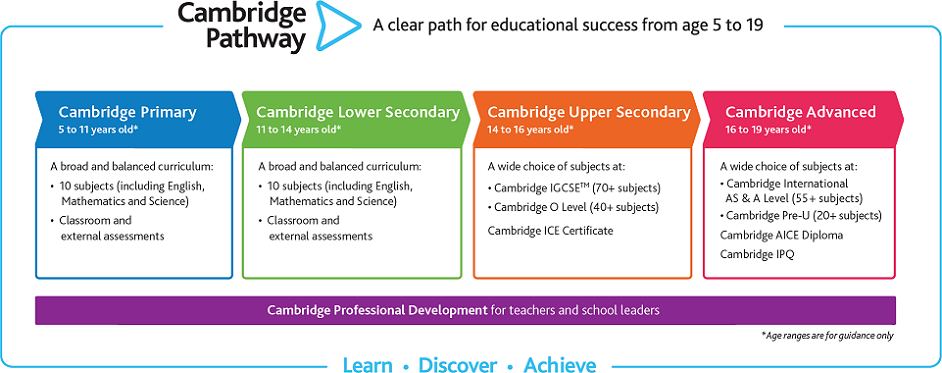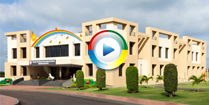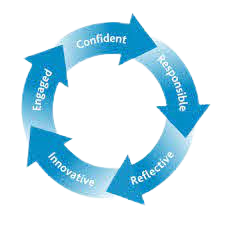CAMBRIDGE Curriculum

|
Sanjay Ghodawat Cambridge International School, CAIE - Cambridge Assessment International Education prepares school students for life, helping them develop an informed curiosity and a lasting passion for learning.
The Cambridge International General Certificate of Secondary Education (IGCSE), AS and A level qualifications are the most recognized qualifications around the world. Cambridge qualifications are recognized as a reliable record of attainment and progress which counts towards entry to universities and colleges around the world.
SGCIS offers a flexible course of study that gives candidates the freedom to choose from a wide range of subjects that are right for them, while providing them with a broad knowledge base and lifelong skills for school, university and beyond. This world class Cambridge curriculum is ‘student friendly’ and helps the students to ‘think out of the box’.
* Cambridge Primary develops students’ skills and understanding through the primary years in 10 subjects, including English (as a first or second language), mathematics and science.
It focuses on developing knowledge and skills in core subjects which form an excellent foundation for future study.
* Cambridge Lower Secondary is an excellent preparation providing strong foundation for Cambridge Upper Secondary and for progression to other educational systems.
* Cambridge IGCSE is the world’s most popular international qualification for 14 to 16-year old.
Cambridge IGCSE gives students the flexibility to choose from 70 subjects in varied combinations.
* Cambridge Advanced is typically for students aged 16 to 19 years who need advanced study to prepare for university and higher education.
The Cambridge Advanced stage includes Cambridge International AS & A Level qualifications offering 55 + subjects.
The school encourages teaching practice that engages students in their own learning, promoting the Cambridge Learner Attributes:
Responsible – for themselves, responsive to and respectful of others
*Innovative – and equipped for new and future challenges
* Engaged – intellectually and socially, ready to make a difference
* Reflective – developing their ability to learn, and
* Confident learners – in working with information and ideas – their own and those of others.











